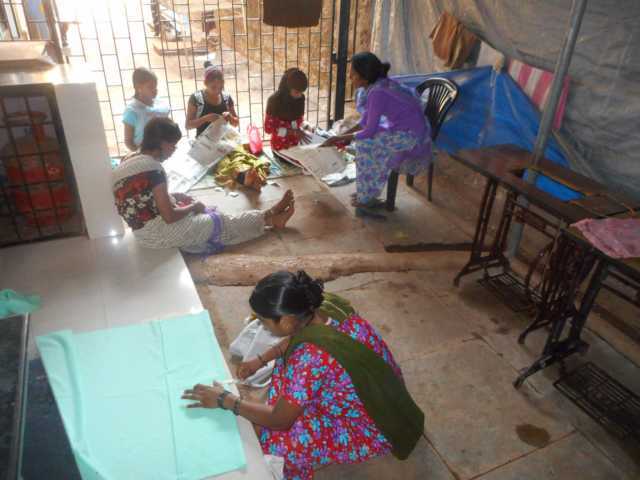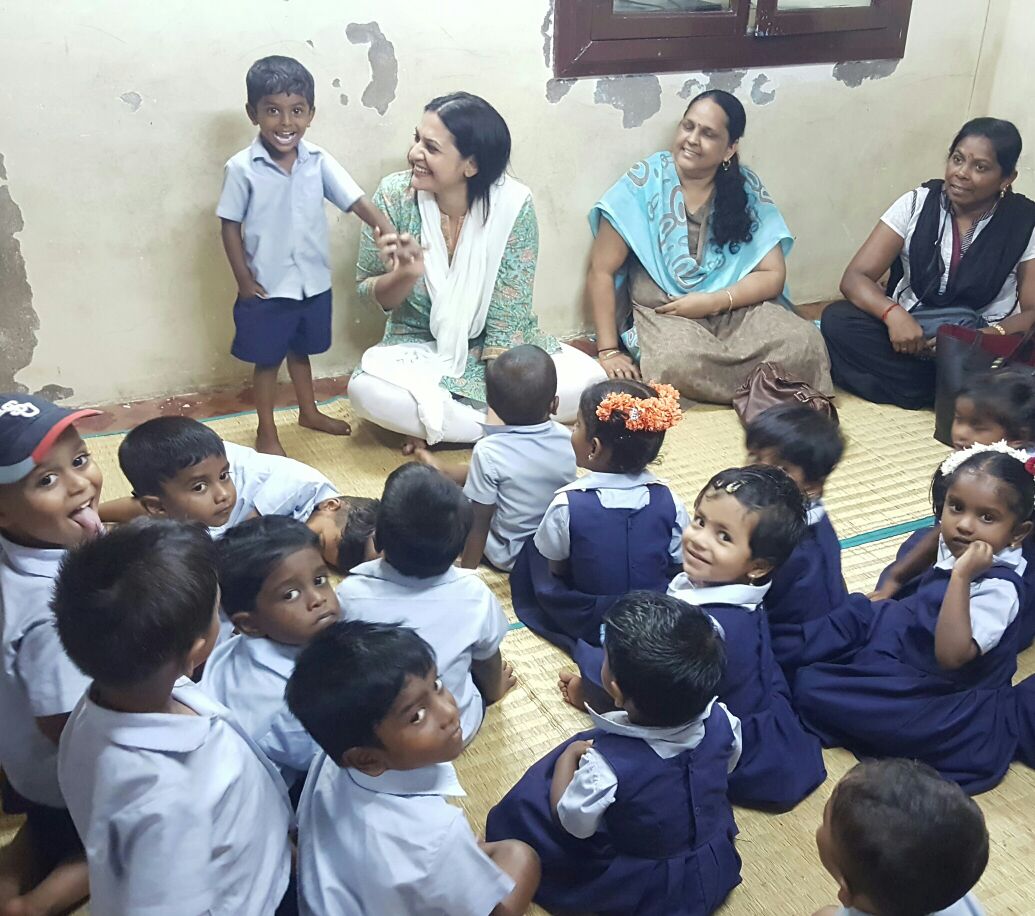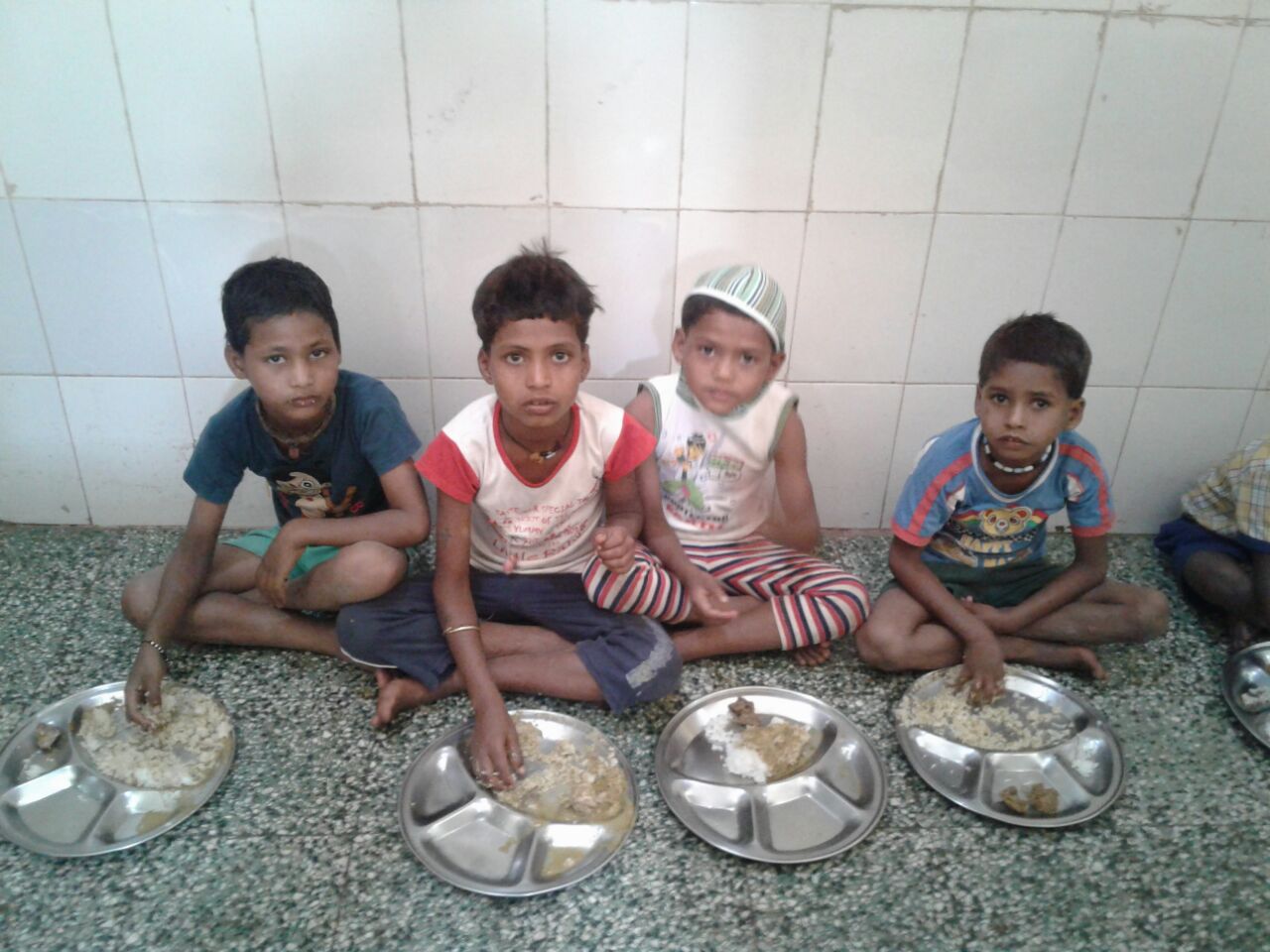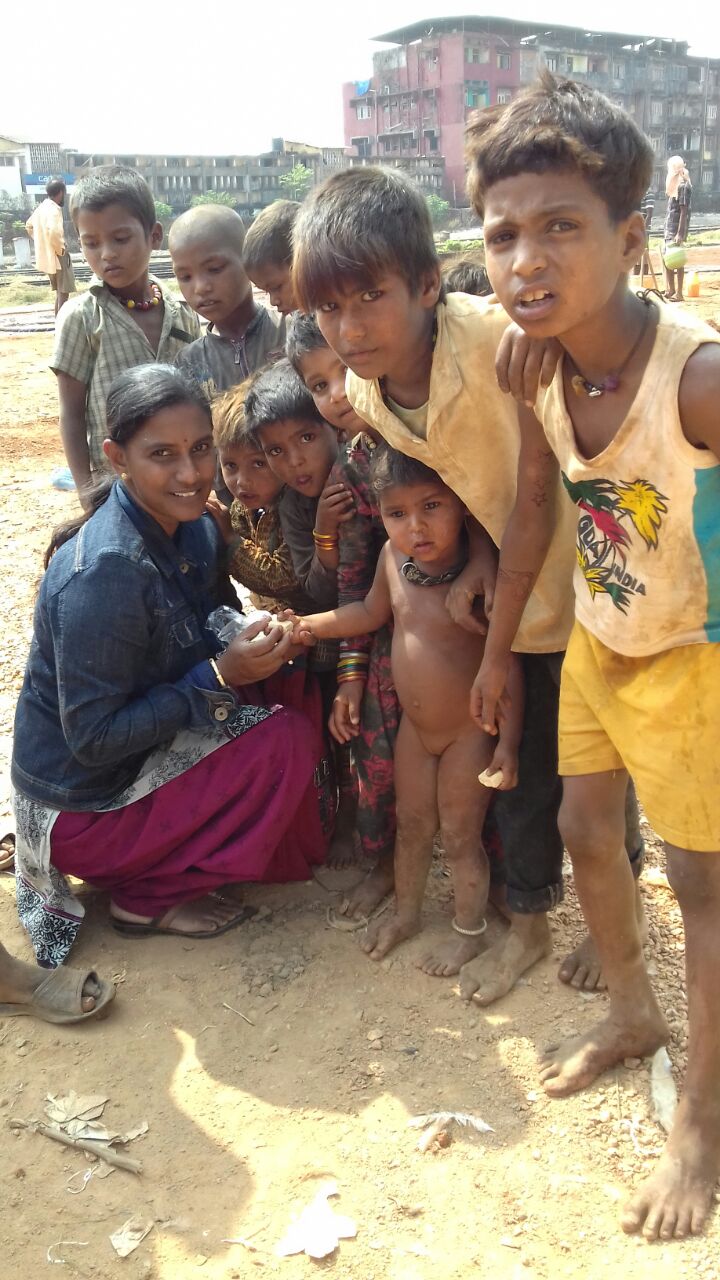El Shaddai in Goa, India – struggle against child labour
By Milena Rampoldi and Denise Nanni,
ProMosaik. In the following my interview with the organisation El Shaddai working for Street Children in
the State of Goa in India. For ProMosaik children are the future of the world,
and children are children, having the right to live a life in dignity. As
society are a obliged to guarantee this, everywhere on this planet. Would like
to thank Julia for her answers to our questions, and for the photos she sent
us.
ProMosaik. In the following my interview with the organisation El Shaddai working for Street Children in
the State of Goa in India. For ProMosaik children are the future of the world,
and children are children, having the right to live a life in dignity. As
society are a obliged to guarantee this, everywhere on this planet. Would like
to thank Julia for her answers to our questions, and for the photos she sent
us.

What are the main activities of El
Shaddai?
Shaddai?
The main activities of El Shaddai are to open
homes, Day Care Shelter and Community Centre for the children
homes, Day Care Shelter and Community Centre for the children
in need of care and protection,
Underprivileged, orphans, children leaving on street and slum and children from
commercial sex workers.
Underprivileged, orphans, children leaving on street and slum and children from
commercial sex workers.
We also provide children/women with vocational
training, adult literacy, slum school and recreational activities.
training, adult literacy, slum school and recreational activities.
We provide children basic necessities that is
food, clothing, shelter, education, medication, counselling, community
sponsorship.
food, clothing, shelter, education, medication, counselling, community
sponsorship.

How do you identify children
that could benefit from your projects?
that could benefit from your projects?
– Through outreach work – our staff goes
to the field where vulnerable children are given an opportunity to
communicate them and build a relationship.
to the field where vulnerable children are given an opportunity to
communicate them and build a relationship.
– Through parent’s or guardian’s reference –
(when Parent’s come for the purpose of admission)
(when Parent’s come for the purpose of admission)
Same is followed by a home study
report by visiting their homes and check if the child is in real need.
report by visiting their homes and check if the child is in real need.

What is the current situation
related to child labour and how do you address this issue?
related to child labour and how do you address this issue?
In Goa, mostly people from other states are
migrated for work purpose, so they force their children to sell things on
the beach, railway station, rag picking, working in restaurant or hotels or
shops as helper.
migrated for work purpose, so they force their children to sell things on
the beach, railway station, rag picking, working in restaurant or hotels or
shops as helper.
– We address these issues by talking to the
owners, parents and the children – making them aware about the child labour and
importance of education.
owners, parents and the children – making them aware about the child labour and
importance of education.

How do you promote the social
rehabilitation of street children?
rehabilitation of street children?
We do this by:
1. Meeting them individually and sharing the
background of work we do and how we can help them.
background of work we do and how we can help them.
2. Following up with them on regular basis and
encouraging them to learn to read and write with non formal education.
encouraging them to learn to read and write with non formal education.
3. Enlightening them on the importance of the
education and the safety und above all by
education and the safety und above all by
4. Making them feel safe and secure.



